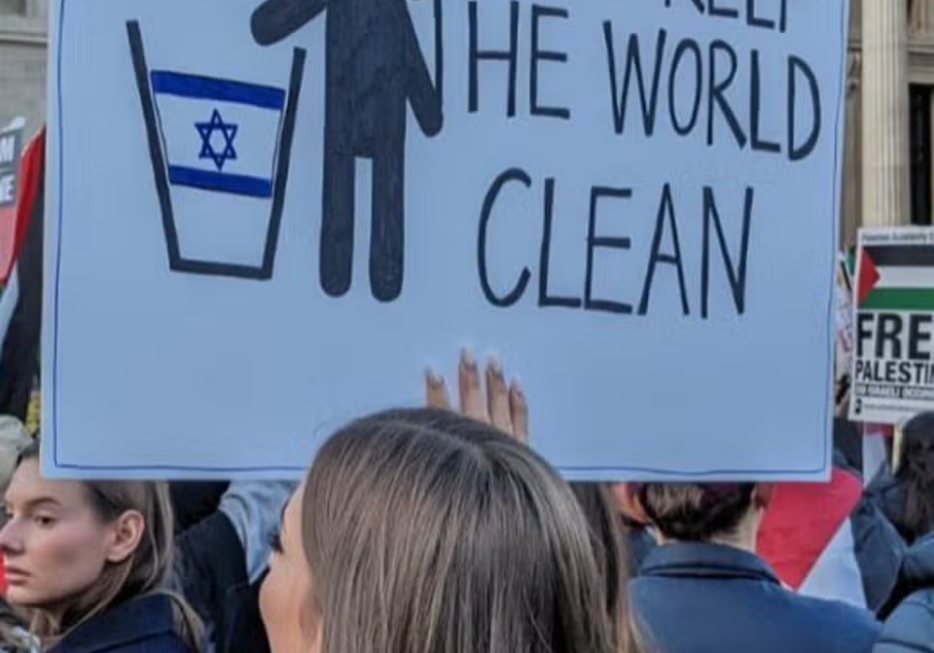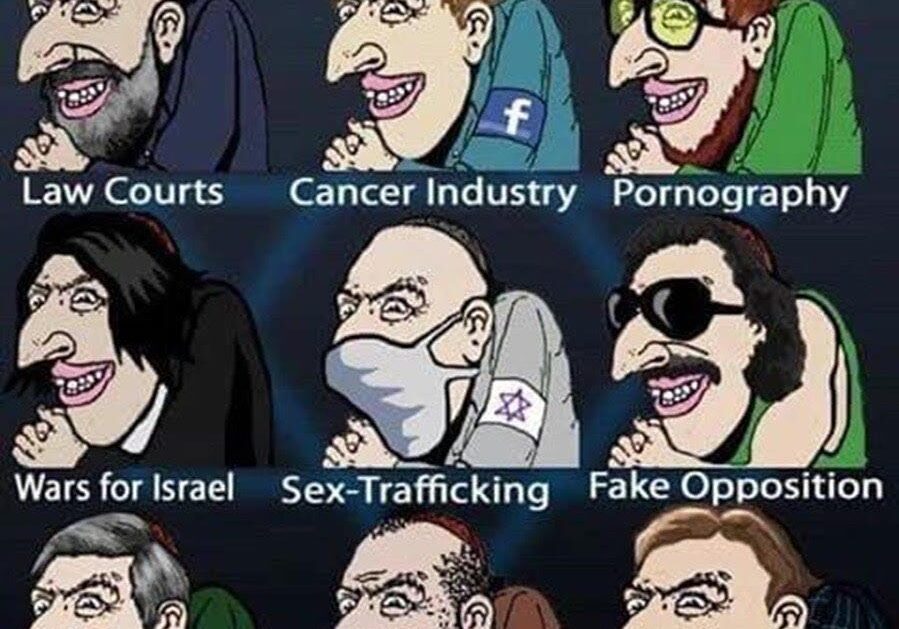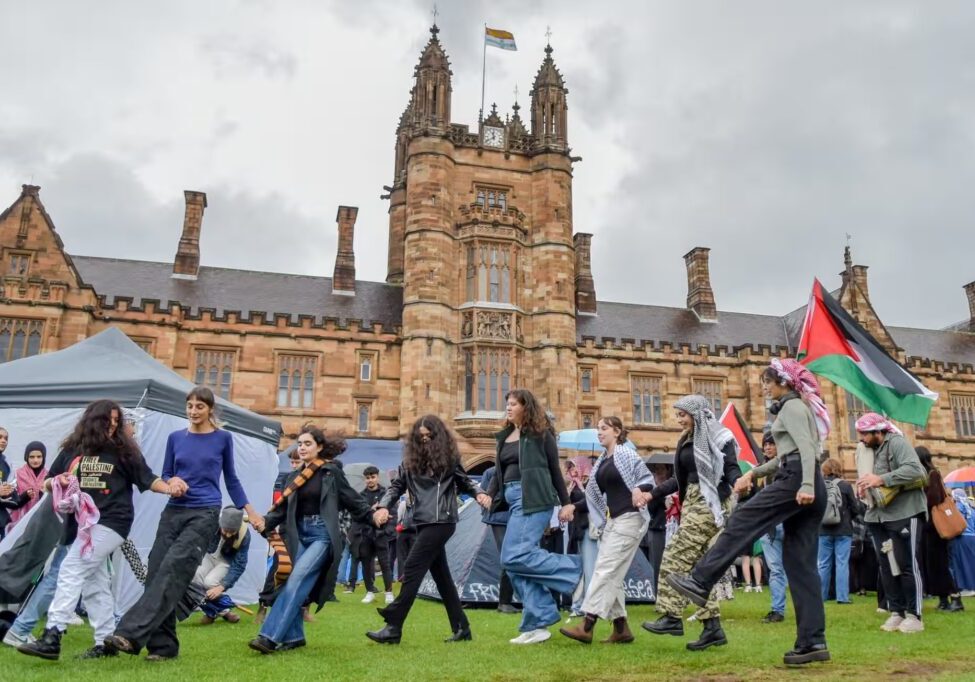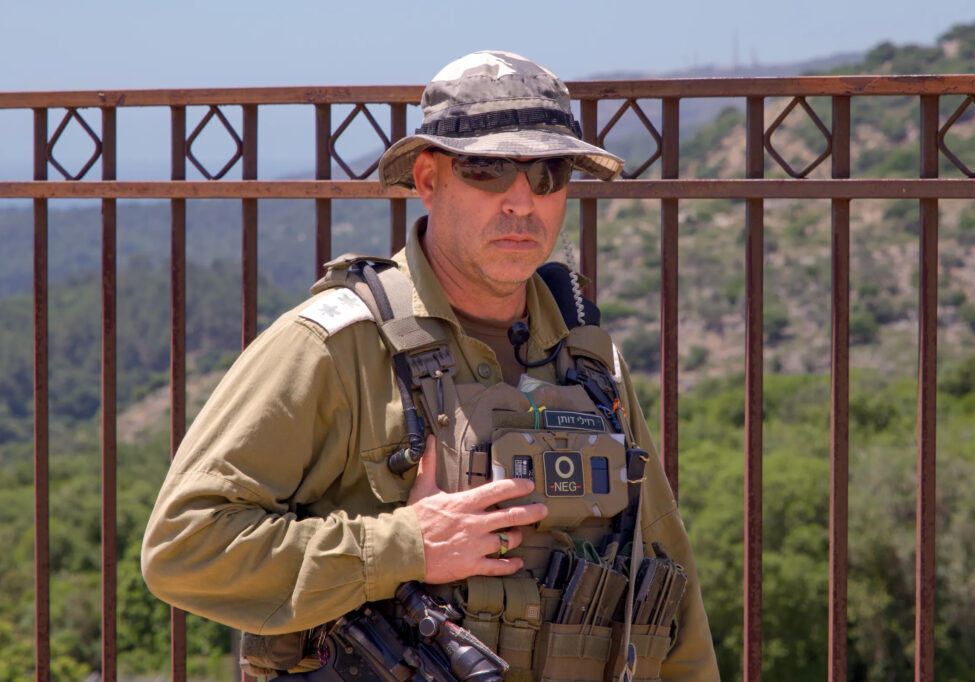Australia/Israel Review
Cine File: Shallow Dive
Sep 6, 2019 | Sharyn Mittelman
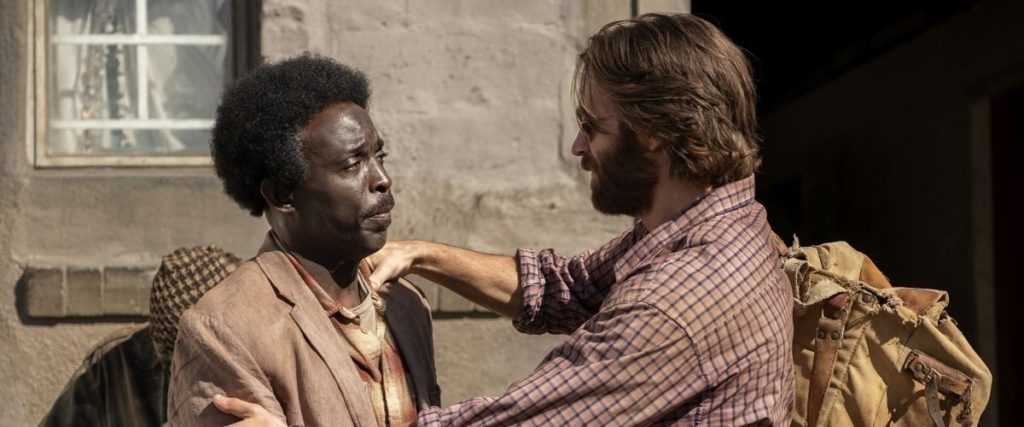
The Red Sea Diving Resort
Director: Gideon Raff; Netflix
The story of how thousands of Ethiopian Jewish refugees (known as Beyta Israel) fled civil war and famine and came to Israel via Sudan has been given a global audience with the newly released Netflix film “The Red Sea Diving Resort”, written and directed by Gideon Raff, the Israeli co-creator of Homeland.
If you didn’t know how this incredible top-secret mission occurred you may have thought that the film’s plot sounded too far-fetched to be true. As is said in the movie, “Your idea is to send the Israeli intelligence service to a Muslim country to run a fake hotel in order to rescue a group of Jews who might or might not survive a 1,000 km walk across the desert, to be smuggled out to sea in an Israeli ship.” Yet, that is the true story of how the Mossad, during its “Operation Brothers”, was able to bring approximately 8,000 Ethiopian Jews to Israel – leasing a deserted Italian hotel in the Sudan called the Arous Holiday Village that actually catered to real tourists from 1979-1984.
By day, the agents pretended to be European hosts and entertained guests with diving and yoga, but at night they drove hundreds of kilometres and secretly picked up Ethiopian Jews from Sudanese refugee camps and brought them to a beach where naval officers took them onto an Israeli ship waiting offshore. The “fake” resort operated for four years and had hundreds of guests including an Egyptian army unit, British SAS soldiers, foreign diplomats from Khartoum and Sudanese officials.
The tale of how Israeli Mossad agents and thousands of Ethiopian Jews risked their lives to come to Israel is a story that deserves to be told around the world. Unfortunately, this film is only “inspired” by true events, rather than “based on true events”, and as a result, it misses the opportunity to retell the actual story of what transpired, which is far more remarkable, than the made-up additions for its “Hollywood effect”.
So what does the film get right and what does the film get wrong? [Spoiler alert.]
Firstly, the movie has been “Americanised” in a number of ways. The real names of the Israeli agents have been changed, nor do they speak in Hebrew or even with Israeli accents. The cast is led by Chris Evans (of Captain America fame) alongside Michael Kenneth Williams, Sir Ben Kingsley, Alessandro Nivola, Greg Kinnear and Hayley Bennett.
Moreover, the film introduces an unnecessary additional plot element with a US diplomat organising an American plane to airlift the remaining Ethiopian refugees from Sudan when travelling by boat became too dangerous.
This did not happen. Rather it was Israeli aircraft over a period of years that covertly rescued Ethiopian Jews during Operation Brothers.
Nor does the film mention subsequent operations to rescue Ethiopian Jewry after “Operation Brothers” – which included “Operation Moses” (1984-1985), and “Operation Solomon” (1991).
These later missions did include significant coordination with the US. Operation Moses brought around 8,000 Ethiopian Jews to Israel over 30 flights, which was achieved through secret coordination with Sudan. Once the story became public, Arab nations pressured Sudan to stop the flights and around 1,000 Ethiopian Jews were left behind, with around 500 evacuated from Sudan to Israel in the US-led “Operation Joshua” in 1985. This caused many children to be separated from their families until Operation Solomon in 1991 airlifted 14,324 Ethiopian Jews directly from Ethiopia to Israel. As depicted in the movie, in these later operations, the planes were stripped of their seats to enable more people to board.
Moreover, the film added some historically inaccurate scenes for dramatic effect. In one scene Ethiopian refugees are seen hiding at the resort while it is inspected by the Sudanese military, leading one of the Israeli agents to kill a Sudanese officer. According to Israeli reports, this did not happen, as the Ethiopian refugees never came into the hotel.
In another dramatic scene, one night while in the middle of transporting the refugees onto Israeli boats, they are shot at by the Sudanese military who believe they are smugglers. This actually did happen in 1982 and an Israeli agent told the Sudanese military (as portrayed in the film) that they were operating a night dive for tourists, and the Ethiopians on board the Israeli boats were able to get away. After that close call, Israel decided naval evacuations were too dangerous and a plan was made to secretly airlift the refugees. Despite the risks, 17 secret flights were carried out, organised by the agents at the Red Sea diving resort.
What the film crucially misses is any focus on the personal stories of the Ethiopians who risked their lives to come to Israel. It is estimated that between 1,000 to 4,000 Ethiopians lost their lives or were abducted on the journey. Only one Ethiopian character has a leading role, Kabede Bimro, played by Michael Kenneth Williams – a character reportedly inspired by Ethiopian-Jewish activist Ferede Aklum, who actually did play a pivotal role in the operation.
Aklum wrote letters to the Mossad asking for help, and received support from then-Israeli Prime Minister Menachem Begin, who sent Israeli agent Daniel Limor to contact Aklum and coordinate a way to smuggle Ethiopian Jews into Sudan and onward to Israel. Limor has said of Aklum, “Without him, and the valour of the Ethiopian Jews, none of this would have happened” – adding “It was like two big wheels [which] met – one was the old Ethiopian Jews’ dream to go back to Jerusalem, and the other one was the Israeli Jews that came to help them fulfil this – it was the fusion of wheels that was the strength of this operation – that is why nobody ever gave up.”
Limor was a consultant for the film, and the character of “Ari” is based on him. There were also Ethiopian consultants on the film including Daniel Sahalo, who came to Israel in Operation Moses. In a behind-the-scenes clip for the film, Sahalo says, “Making this movie was very important because these people risked their lives every day for almost three years to bring us”, and that it is a “very important story to tell to the next generation.”
It is a shame that the producers didn’t accept that, in this case, the truth was stranger than fiction, and a straight retelling of the real story of what transpired would have been far more compelling. Rightly or wrongly many people like to learn about history from watching movies, and in this case, the movie does not do the real story justice.
Nevertheless, the film is worth seeing because it is entertaining, and because it is an opportunity to put the spotlight on these stories of true heroism. Today there are 130,000 Ethiopian Jews in Israel who make up an integral part of the mosaic of Israeli society. Beyta Israel have largely integrated into Israeli society, even though there are ongoing issues of discrimination that need to be addressed and resolved. But this film is also a timely reminder of Israel at its best – clever and compassionate in its determination to help save Jewish lives around the world.
Tags: Ethiopia, International Jewry, Israel

